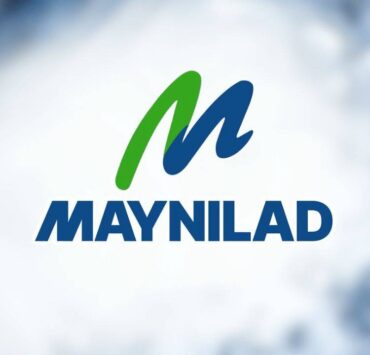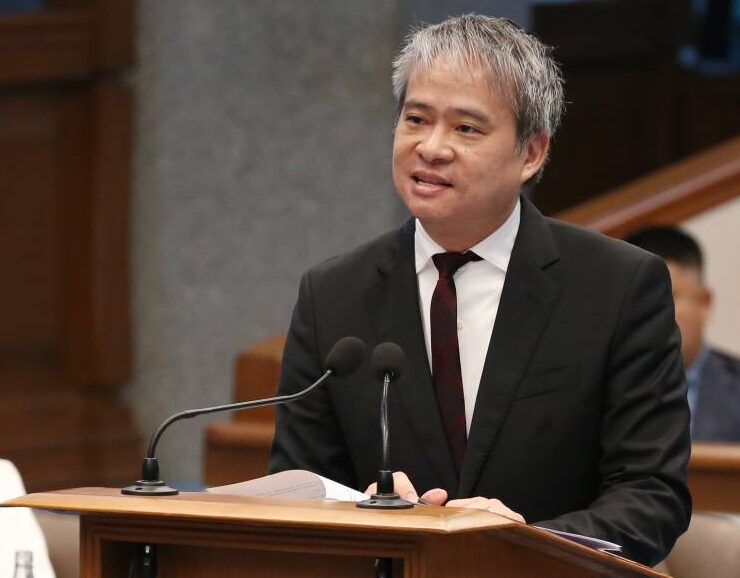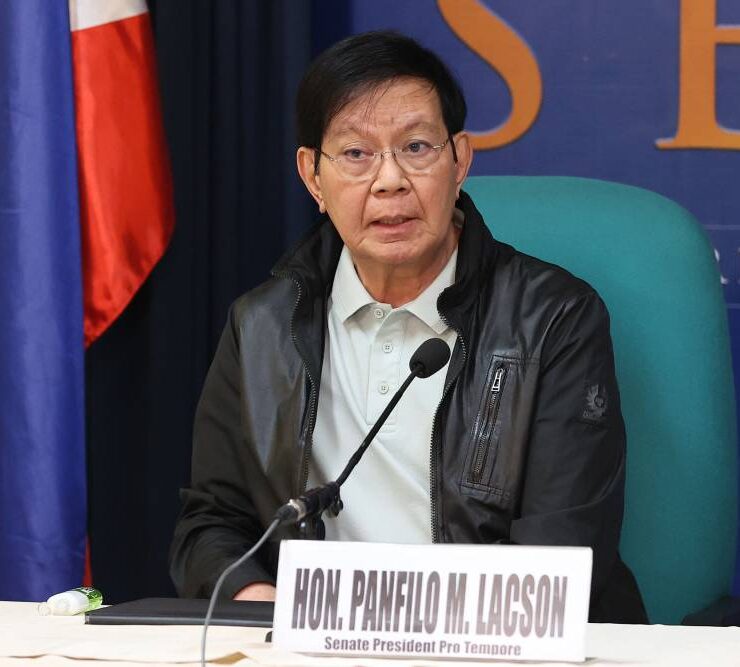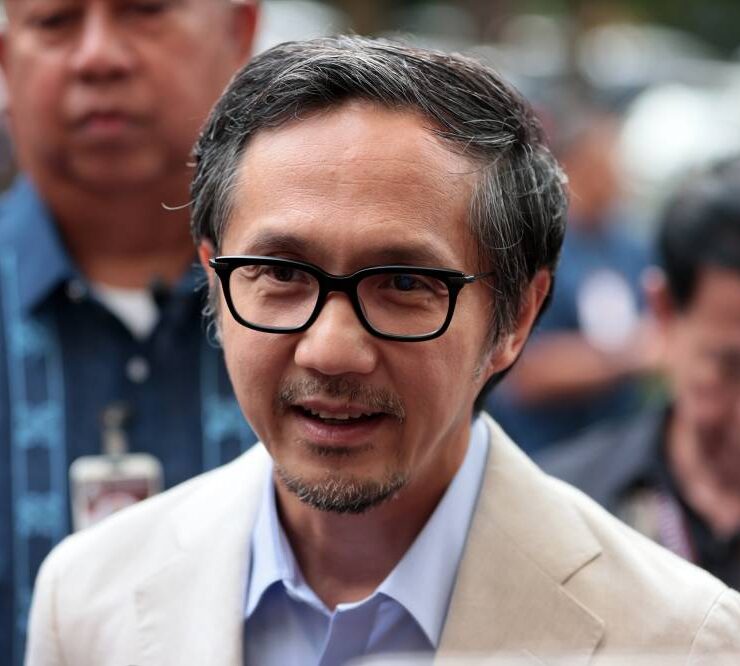The high cost of cheap corruption
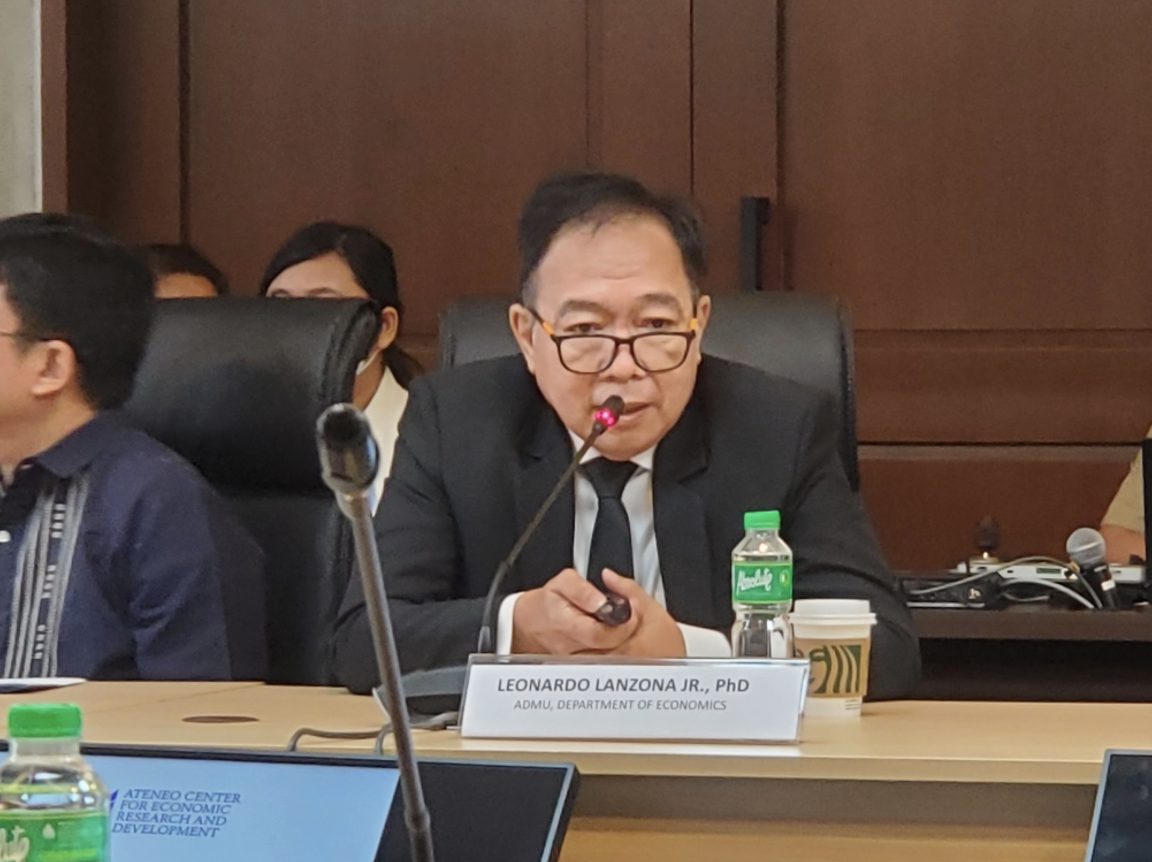
Every time a scandal erupts, the script is predictable. A few names are shamed. Politicians promise to punish them. Pundits say we need more “good men” in the government.
And now, the techno-optimists add their fix: blockchain, artificial intelligence, some app that will supposedly reduce, if not vanish, corruption.
It is fast and easy to think the problem is the basket of bad apples or outdated tools. But the real story is harsher: corruption survives because the system makes it cheaper than honesty. Until that changes, scandals like the flood control fiasco will keep overflowing.
Economists use the term transaction cost to define the hidden costs of getting things done. In normal systems, these costs are low: contracts are straightforward; enforcement is reliable; and cheating is costly.
In ours, they are upside down. The costs of doing things honestly are higher than the costs of corruption.
Look at the flood control. An honest contractor leaps through the hoops of paperwork, competitive bids, compliance checks and inspections. A connected contractor can skip the line with a handshake and an envelope.
Who pays more? The honest one.
Tech alone isn’t the answer
Even after the project is awarded, the distortion remains. Compliant firms bear costs; shady firms cut corners, knowing penalties are unlikely.
Honesty stays expensive. Cheating stays cheap.
This is why preaching ethics alone fails. Good men can try, but they are swimming against a current of warped incentives. The rules of the game reward shortcuts and punish compliance. Eventually, the system wins.
And this is also why technology, on its own, will not save us. Blockchain is a perfect example. It promises tamper-proof records of every contract. But if corrupt officials enter lies, the system faithfully preserves lies in digital stone.
If regulators ignore the evidence, the blockchain becomes nothing more than a high-tech archive of unpunished fraud.
Tools can help, but they do not change the rules. The rules decide the costs, and right now, corruption is the low-cost choice.
Changing the game
Individuals exploit the government because it commands vast resources and discretionary power, making it a tempting target for private gain. When rules are weak or enforcement is lax, the transaction costs of corruption are low compared to the costs of acting honestly. This creates incentives for rent-seeking, collusion and capture of public funds.
To prevent this, society must design the proper “rules of the game” that make integrity the cheaper, safer path and corruption the costlier gamble. This makes the government extractive.
If we want change, we must then flip the equation. Make honesty cheap, and corruption costly.
That means lowering the cost of transparency. Every contract, bid and project update should be easy to verify—geotagged, photographed and online for all to see.
Ghost projects only survive in the dark.
Furthermore, it means shifting the cost of enforcement. Do not just pay contractors for “finishing work.” Tie their pay to actual outcomes, such as less flooding in specific areas. Make them shoulder the cost of proving tangible results, not taxpayers.
It means raising the cost of corruption. Apart from digital audit trails, whistleblower protections and swift penalties, make the gamble riskier. If the chance of getting caught is high, corruption becomes expensive.
And it means cutting the cost of accountability. Residents who live beside canals and flood walls know if the work exists. Empower them, not local officials who can be bribed, to report directly into oversight systems. Communities are the cheapest and sharpest monitors the government has.
System overhaul
Finally, redesign the system itself. Endless small contracts mean endless chances for collusion. Shift to longer-term deals with firms that build track records, overseen by independent audits. Fewer transactions mean fewer opportunities to cheat.
The flood control scandal is not about billions lost. It is about a government trapped in a high-cost system where honest service is punished and rent-seeking rewarded.
Corruption is not a software bug we can code away, nor a moral failing we can pray over. It is a transaction-cost problem.
If corruption is the cheaper option, no blockchain, no saintly official and no shiny app will stop the flood.
Real reform begins when honesty is the low-cost choice and corruption is the most expensive mistake one can make.
Leonardo A. Lanzona Jr. is professor of economics at the Ateneo de Manila University. He is a lead editor of the September 2025 issue of Millennial Asia on the Philippine Development Crisis.















